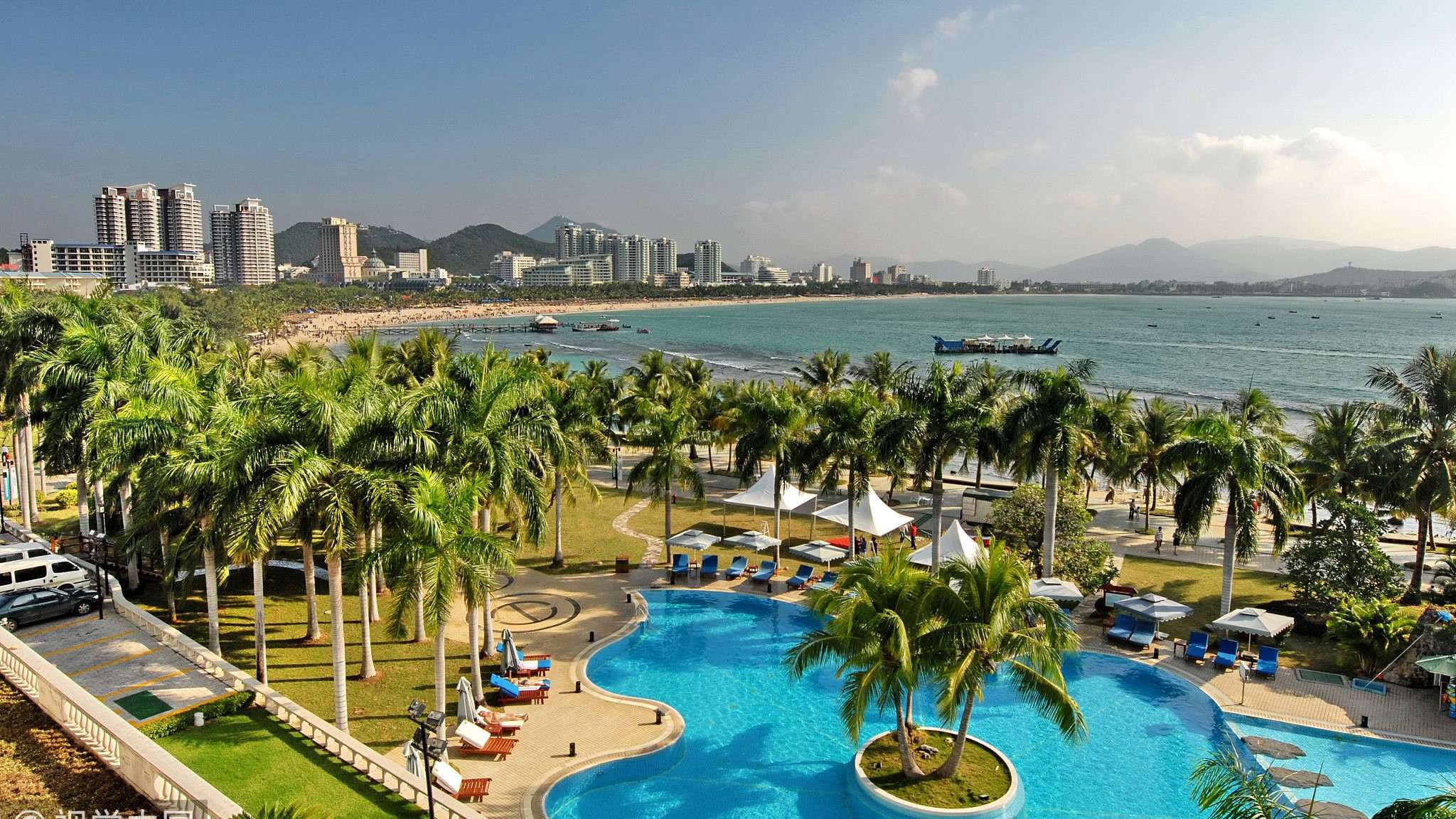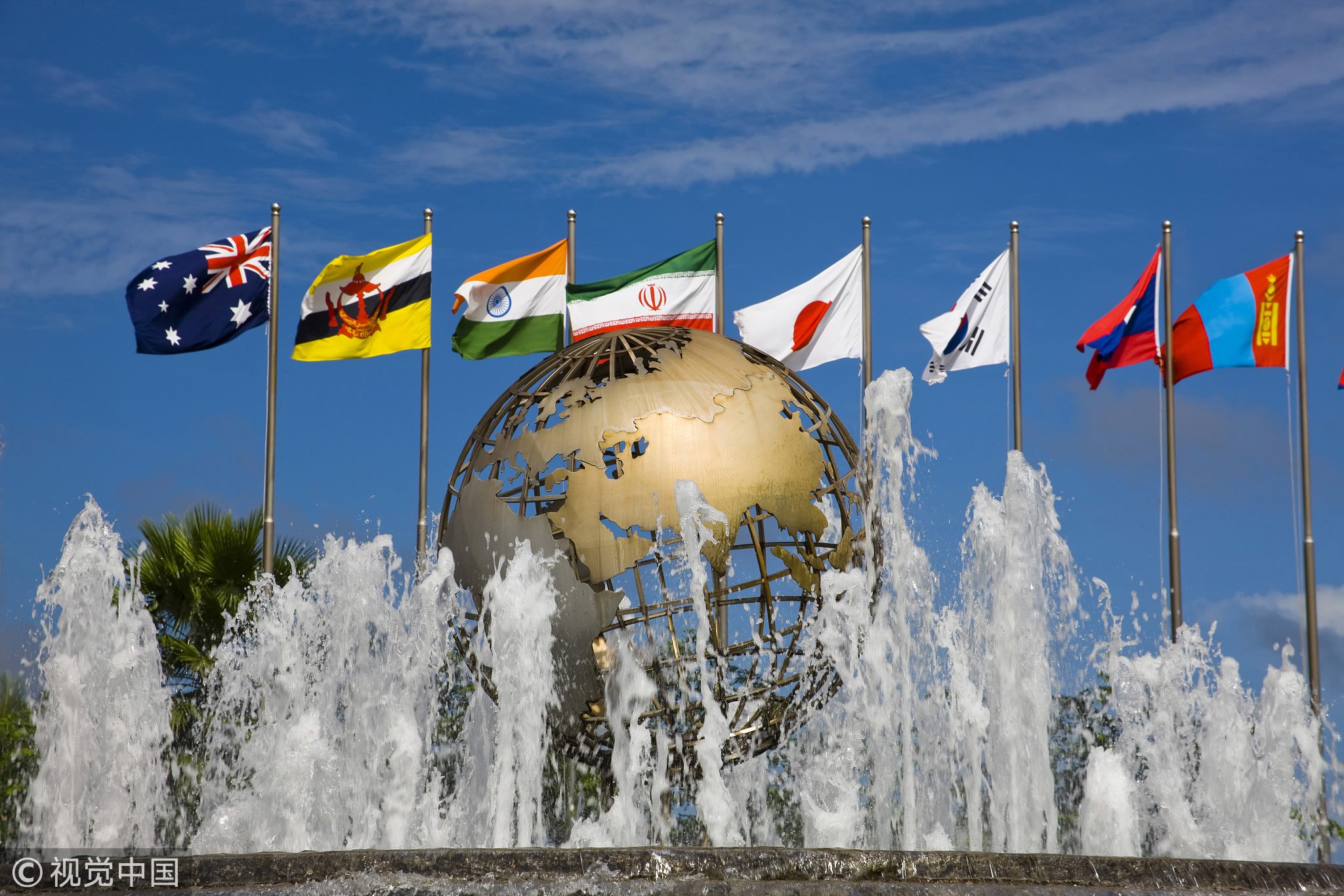
Opinions
09:13, 30-Mar-2018
Opinion: It’s high time for Hainan to release its ‘resource blessing’
Guest commentary by Wang Jianhui

Countries rich in natural resources often suffer from “Dutch disease,” where the overdependence on natural resources cripples the area's development capabilities and endangers long-term competitiveness.
When Hainan joined China's club of special economic zones in 1988, the island had a population of 6.3 million people over an area of 33,900 square meters. It also enjoyed similar and sometimes preferential policies as the other four "older" special economic zones. Yet, somehow, it failed to avoid the curse of Dutch disease. In the beginning, Hainan’s GDP per capita was 1,228 yuan (about 330 US dollars), only 10 percent lower than the national average. Twenty years later, the gap has widened to 27 percent.
Although the time for becoming a manufacturing powerhouse is over, new opportunities are popping up thanks to the unprecedented economic growth on the mainland. Mid-income households are spending more on health care, recreation, leisure and fun. Fresh air, pristine beaches, winding rivers and tropical forests in the mountains make China's second biggest island a dream tourist destination. More importantly, the 21st Century Maritime Silk Road Initiative will precipitate maritime economic development, where Hainan plays a crucial role.

Mother and toddler having fun at beach /VCG Photo
Mother and toddler having fun at beach /VCG Photo
Fortunately, the local government realized and captured the new trend just in time, turning the province into an "International Tourist Island." The effects are very encouraging. Total visits to the island reached 67.45 million last year, 125 percent higher than that of eight years ago. From 2009 to 2017, the local per capita GDP grew by 175 percent, while the national average and Shenzhen increased by 147 percent and 109 percent, respectively. The tertiary sector’s share has soared to 55.8 percent in 2017 compared with that of 2008.
After successfully launching the policy of establishing an "International Tourist Island," Hainan still has numerous challenges ahead. Innovative supply-side reform has become a top priority in pillar industries, so that its potential of the natural endowment can be released in a sustainable way and the overexploitation of resources be avoided.
Take agriculture, which accounts for more than one-fifth of Hainan's local economy, for example. In 2017, farming, animal husbandry and forestry yielded 69.5 billion yuan (about 11 billion US dollars), and about 24,000 yuan (about 3,815 US dollars) per hectare – almost three times higher than the unit output in Heilongjiang, the northeastern agriculture-intensive province. To maintain reasonable land conservation, Hainan should promote quality-oriented farming. Without excessive cultivation, the industry could still be more productive by increasing organic product supply, breeding superior varieties, and improving warehousing and transportation.
There is also a substantial space for growth in the food processing industry, the output of which last year was only equivalent to 17 percent of the primary sector. An advanced processing industry not only means more business, but also helps agriculture create more added values. In the Netherlands, for instance, the processing industry output is 175 percent of the agricultural output.

Asia International Convention Center /VCG Photo
Asia International Convention Center /VCG Photo
To increase revenue, Hainan needs to offer more unique choices involving technology, culture, education, medical services and sport events. School kids and their parents would love to see the space launch site in Wenchang, join the scientific expeditions in the rain forests and mountains, observe the coral reef restoration projects in Sanya, visit the convention and medical service center in Boao, and experience the RHN Regatta Sailing event.
Due to the abundant sunshine and geological variety, Hainan is also an ideal research and development as well as testing place for new energy cars and artificial intelligence piloting systems.
The "resource blessing" can stay on Hainan forever.
(Wang Jianhui is the deputy general manager of the Research and Development Department at Capital Securities. The article reflects the author's opinion, and not necessarily the views of CGTN.)

SITEMAP
Copyright © 2018 CGTN. Beijing ICP prepared NO.16065310-3
Copyright © 2018 CGTN. Beijing ICP prepared NO.16065310-3